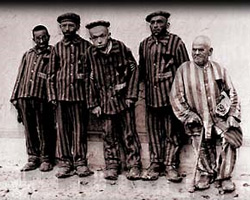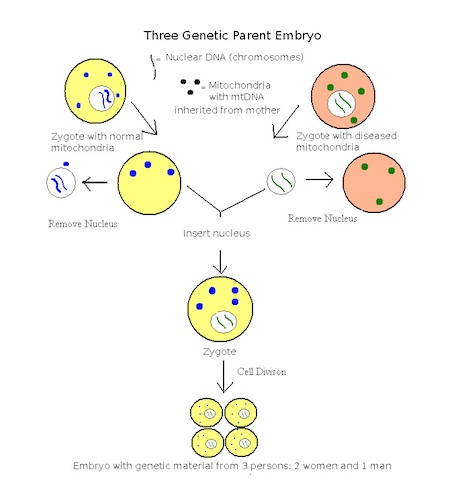This week, two of my favorite lawyers wrote their analysis of last week’s Supreme Court marriage decisions — specifically the ruling on DOMA.
First, my friend Jim Cole, legal counsel for Missouri Right to Life, writes at Mercator Net:
As the dissents of Justice Scalia and Justice Alito make clear, the reasoning and legal principles on which the ultimate result was based remain murky. It is as if the Court went out of its way to mystify the exact reasons for holding unconstitutional a Federal law that was enacted by overwhelming majorities in 1996 and signed into law by President Bill Clinton — not exactly a hateful, bigoted conservative. The murkiness may well serve as a cover to allow the decision to be used later for an even more expansive ruling.
Some are already calling this ruling the “Roe v. Wade” of marriage laws, but Jim notes that it actually more closely resembles Griswold vs. Connecticut, which paved the way for Roe.
The Windsor opinion serves the same role for “gay marriage” as the case, Griswold v. Connecticut (1965), served for abortion almost half a century ago. It was in Griswold that the Court penned the infamous language that “specific guarantees in the Bill of Rights have penumbras, formed by emanations from those guarantees that help give them life and substance.” In Griswold, the Court ruled unconstitutional a state law prohibiting the sale of contraceptives because it impinged “the zone of privacy created by several fundamental constitutional guarantees,” thus offending due process.
Strictly speaking, the Griswold opinion addressed only the rights of a married couple to purchase contraceptives, but the principle announced in the decision clearly extended further. The Court quickly jettisoned its concern for the marital relationship in favor of a concern for the sexual behavior of individuals, married or not (see Eisenstadt v. Baird, 1972). Griswold’s concept of privacy then became the linchpin of Roe v. Wade in 1973. When one reads the decisions in chronological order, it is hard not to conclude that Griswold was intended only to be a way station and not the destination, and its stress on protecting the marital relationship was just rhetoric.
Read more of Jim’s analysis.
Another friend of mine, Jason Hall, Assoc. Director of the Catholic Conference of KY, also believes that, while the Court did not universalize homosexual “marriage” with this decision, it certainly paved the way to do that in the very near future. He writes:
Homosexuality is now in the mainstream and is celebrated every day in our popular culture. The goal now, as is evident in Justice Kennedy’s opinion, is to force the acceptance and celebration of same-sex “marriage” by everyone as a condition of participation in the economy and our national life.
…
Justice Kennedy also gives a great deal of time to the notion that states have the authority to define marriage. Some have argued that this protects states that choose to define marriage to be between one man and one woman. A straightforward reading of the opinion, however, at least implies that this only works one way. States can bestow dignity upon same-sex couples, Kennedy argues, and no one can take that away. This is why DOMA is unconstitutional. By this logic, states that don’t recognize same-sex “marriage” are denying people of this dignity.
As bad as this all looks for the future, Jason at least tries to find a silver lining, God love him:
Despite all of this, much remains uncertain. In this uncertainty lies our hope. As noted above, the growing support for homosexual “marriage” in recent years is largely because of what is good in the American people. Though the logic may at times be misguided, Americans see people who love each other being denied what seem to be basic rights enjoyed by legally-recognized families. As those concerns are replaced by frequent legal action against private businesses and even religiously-affiliated organizations for failure to participate in “marriage” ceremonies which violate sincerely-held beliefs, will public opinion continue to support the cause?
Read more from Jason…and pray that he’s right about what’s good in Americans.




 After the death of Robert Edwards, one of the British doctors who perfected in-vitro fertilization (IVF), earlier this year, Miriam Zoll
After the death of Robert Edwards, one of the British doctors who perfected in-vitro fertilization (IVF), earlier this year, Miriam Zoll  In
In  Wow. Austin Ruse has a fascinating, albeit very awful and sad, read at Crisis Magazine today with the inside scoop on what really happened during the Komen break from and immediate reconciliation with Planned Parenthood last year. He concludes, as most of us knew already:
Wow. Austin Ruse has a fascinating, albeit very awful and sad, read at Crisis Magazine today with the inside scoop on what really happened during the Komen break from and immediate reconciliation with Planned Parenthood last year. He concludes, as most of us knew already: